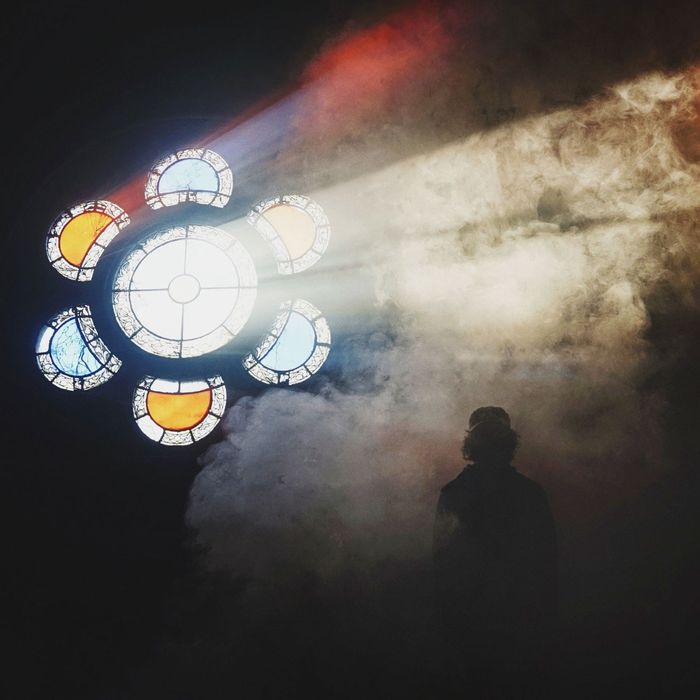

If the men in town were told by Vern to treat the women like equals, would they know any different? In many ways-particularly in religion-the townspeople are uninformed, believing they are on the right path to being saved by God.Įducation and access to information initiate a turning point in the novel for Lacey May, allowing her to find inner strength and opinions. And Bieker draws a clear line between choice and routine while the men oppress the women, how much of it is because it is all they know and are told? “The thing about signs is that they are up to each person in how they will be believed,” Lacey thinks after hearing Vern’s homily at mass. Lacey May’s day to day life introduces the reader to the various ways these ingrained values oppress her and other women in the town. The local officer is “not really of the mind that girls need such a broad education” (216). When driving past a sign warning of global warming, a term Lacey May has never heard before, she knows she will not look into it as “curiosity was the first rung on the ladder down to hell” (25). So when Lacey’s mother abandons her after working on a mysterious assignment, an increasingly curious Lacey begins to look into why and where she’s gone.īieker executes a stark and much-needed portrayal of the extent patriarchal values oppress women. Residents await their special task from Vern-the parameters of which automatically cue readers into the potential dangers the character might face going forward-and are not allowed to discuss the details with anyone, including family. “To have an assignment, Pastor Vern said, you had to be a woman of blood… And you should never reveal your assignment to another soul” (1).

Peaches’ inhabitants trust in their Pastor, following all of his instructions and ultimately forming a cult-like community. Lacey and her town follow their Pastor, Vern, believing “God in Vern” (Bieker, 42). Godshot follows Lacey May, a fourteen-year-old girl growing up in Peaches, California as she navigates her identity through the lenses of feminism, religion, motherhood, and knowledge. But in an increasingly divisive political climate, should there be conversation about how individuals can both be religious and feminist? This exploration is the focus of Chelsea Bieker’s debut novel Godshot (Catapult, 2020), and the author does an exceptional job at depicting the difficulties of such a journey. The two ideologies are often at odds with one another, the former perhaps stereotypically associated with conservatives, and the latter with liberals. Although many might argue we are amidst a 21st century feminist literary canon, there are few stories that explore the coexistence of religion and feminism, particularly within a young narrator.


 0 kommentar(er)
0 kommentar(er)
